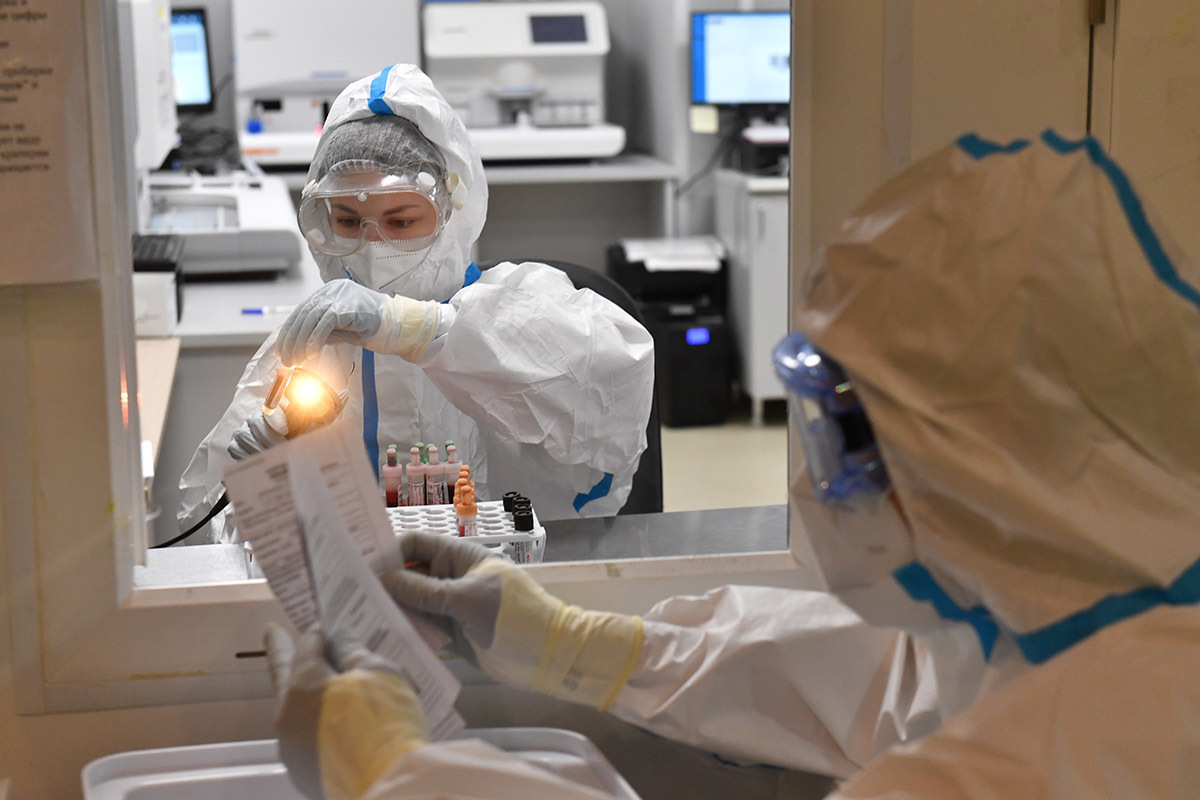Scientists discover antidepressants could be vaccines for coronavirus
[ad_1]

One of the drugs showed effectiveness in preventing severe COVID-19
An unexpected turn: in the treatment of COVID-19, antidepressants can have a serious therapeutic effect. However, there have already been such data, and what is new is that the prescription of antidepressants is also potentially preventive in nature – that is, it works almost like a covid vaccine! These conclusions were reached by the authors of a study published in the scientific journal BMC Medicine, which studied the relationship between the prescription of antidepressants and the incidence of COVID-19 in psychiatric outpatients.
Today, only vaccines are used to prevent covid, but scientists are looking for a way to expand the arsenal of preventive agents. But there are antidepressants (AD) that have already demonstrated some effectiveness in the treatment of symptomatic COVID-19. Recently, it has been shown that the use of antidepressants may be associated with improved outcomes in patients with COVID-19. In addition, one of the drugs in this group showed efficacy in preventing severe COVID-19, and the other was associated with a small reduction in mortality in a large cohort of patients with COVID-19. However, their effectiveness remains controversial, and their overall benefit in preventing covid has not been evaluated. Whether they are suitable for prevention, scientists decided to understand – and came to encouraging conclusions.
A retrospective study of the association between AD prescribing and COVID-19 diagnosis was conducted among psychiatric outpatients during the first wave of the pandemic in the UK. In other words, the researchers analyzed data from outpatient records: how often did patients on antidepressants develop covid compared to those who did not take AD?
The dynamics of infection of 5,600 patients with mental disorders was assessed from April to December 2020. 27.7% of covid-negative patients took at least one antidepressant in the last 90 days before they were hospitalized, compared with just over 16% of patients who tested positive for COVID-19. Overall, those who took AD were about 40% less likely to test positive for COVID-19 when adjusted for socioeconomic parameters and physical health. This suggests that these drugs may have a protective effect against COVID-19, at least in a group of patients with psychiatric diagnoses. It can be assumed that some patients did not adhere to the prescribed treatment regimen, which means that the effect of antidepressants may be higher. “However, the effect found in this study far exceeds the 8% reduction in overall mortality associated with antidepressant use and is closer to a 36% reduction in the risk of hospitalization for COVID-19 outpatients and a 44% reduction in risk intubation or death in hospitalized patients with COVID-19,” the authors note.
The results cautiously concluded that selective serotonin reuptake inhibitors (a group of antidepressants) may reduce the risk of infection with coronavirus. “This study suggests that ADs, in particular selective serotonin reuptake inhibitors, may be useful in preventing the spread of COVID-19 infection in the community. To more accurately assess the preventive potential of antidepressants, prospective studies in a broader demographic are needed.” The conclusions are also credible by the fact that the study was conducted in the first wave, when there was neither herd immunity in the population, nor mass vaccination,” the paper says.
The mechanisms underlying the putative protective effects of antidepressants remain unclear. In the meantime, cell model studies have already shown that antidepressants can interfere with the cellular biological mechanisms involved in the early stages of SARS-CoV-2. There is a version that these drugs suppress replication (reproduction of the virus) or have an anti-inflammatory effect by suppressing the release of inflammatory cells – cytokines.
In addition, previous studies have shown that the incidence of COVID-19 in middle-aged and elderly adults with a history of psychotropic drug use was lower. It is interesting to note that a decrease in the incidence of COVID-19 is also observed in psychiatric patients taking antipsychotic drugs, which once again underlines the connection between the use of psychotropic drugs and protection against COVID-19.
Scientists insist that more research is needed on the use of antidepressants as an adjunct strategy to vaccination, especially given the key advantages of AD, such as a well-established safety profile, low price and availability. In the longer term, it is advisable to explore the possibility of using antidepressants for the treatment of other respiratory infections, such as influenza.
[ad_2]
Source link








